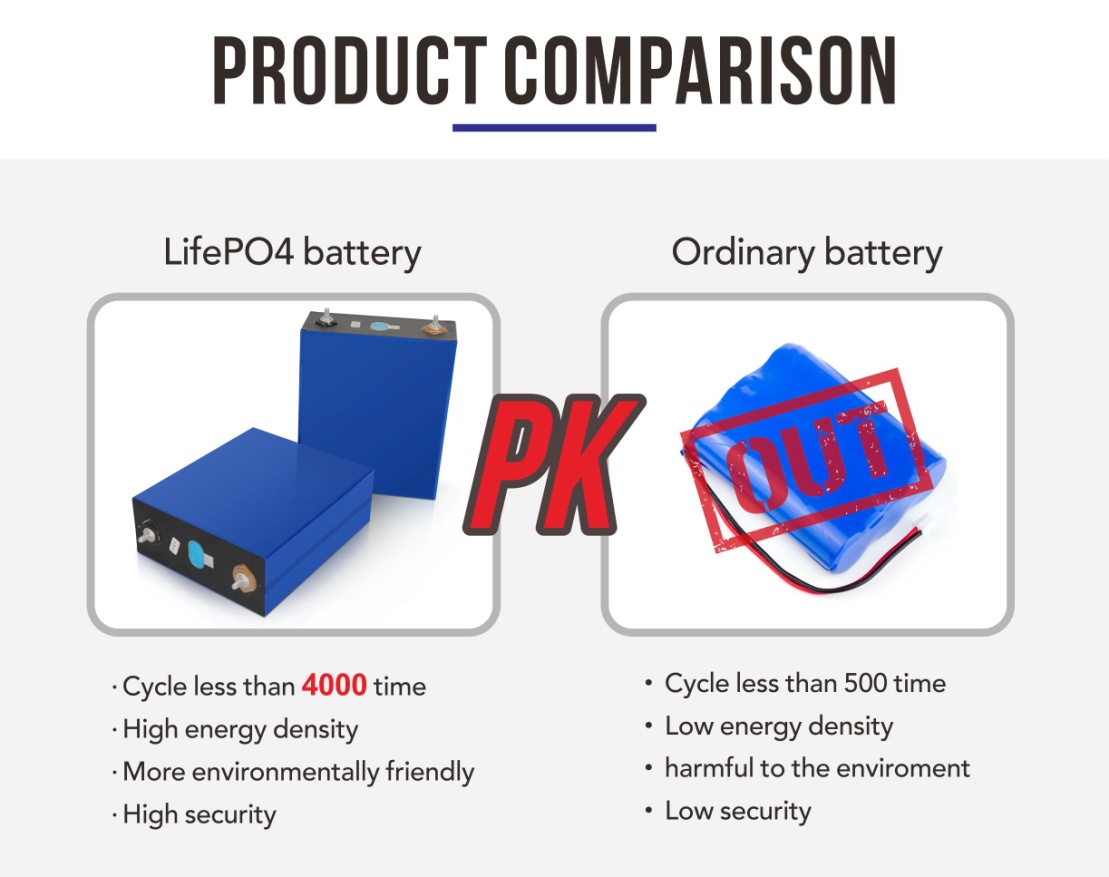
For lithium batteries, there is no clear theory to support the inevitable relationship between internal resistance, discharge platform, life and capacity under various temperature performance. The relevant calculation formulas and mathematical models are still in the exploratory stage. In general, lithium-ion batteries are not sensitive to temperatures in the 0-40°C range, but once temperatures exceed this range, both life and capacity are affected.
Temperature has the greatest influence on the charge and discharge function of lithium battery. The electrochemical reaction at the electrode/electrolyte interface depends on the ambient temperature. The electrode/electrolyte interface is seen as the blood of a lithium battery.
If the temperature drops, the response of the electrode will also decrease: assuming that the lithium battery voltage remains stable and the discharge current decreases, the power output of the lithium battery will also decrease. If the temperature rises, the opposite is true, that is, the output power of the lithium battery will rise. Temperature also affects the transfer rate of electrolyte, accelerating when the temperature rises and slowing down when the temperature falls: the charge and discharge function of lithium batteries will also be affected.
The upper and lower limits of the working temperature of lithium battery pack are relatively high, which can meet most of the requirements of environmental temperature, but the temperature still has an impact on the working efficiency. If the temperature of lithium battery pack is too low, the capacity of lithium battery pack will drop more. Come on, internal resistance will increase.
When the temperature drops from 18°C to 0°C, the internal resistance of the 150Ah lithium battery pack doubles. Below 0℃, the discharge capacity of lithium battery pack decreases rapidly. When the temperature drops to -10°C, the internal resistance of the lithium-ion battery pack doubles.
Because the chemical reactions inside lithium batteries are closely related to temperature, the heat consumption rate of lithium batteries varies at different temperatures. The ambient temperature is low, and the lithium battery pack generates a lot of heat during operation.
The ambient temperature of lithium battery has a certain influence on the internal resistance, heat consumption rate, discharge capacity, cycle life and consistency of battery state. When we use lithium iron phosphate battery pack, we must try to control the working environment in a better temperature environment.
Abnormal temperature will have a huge impact on the performance and life of lithium-ion batteries, and may even lead to thermal runaway and other safety issues. Therefore, the lithium battery with excellent heat dissipation performance is the qualified lithium battery.






